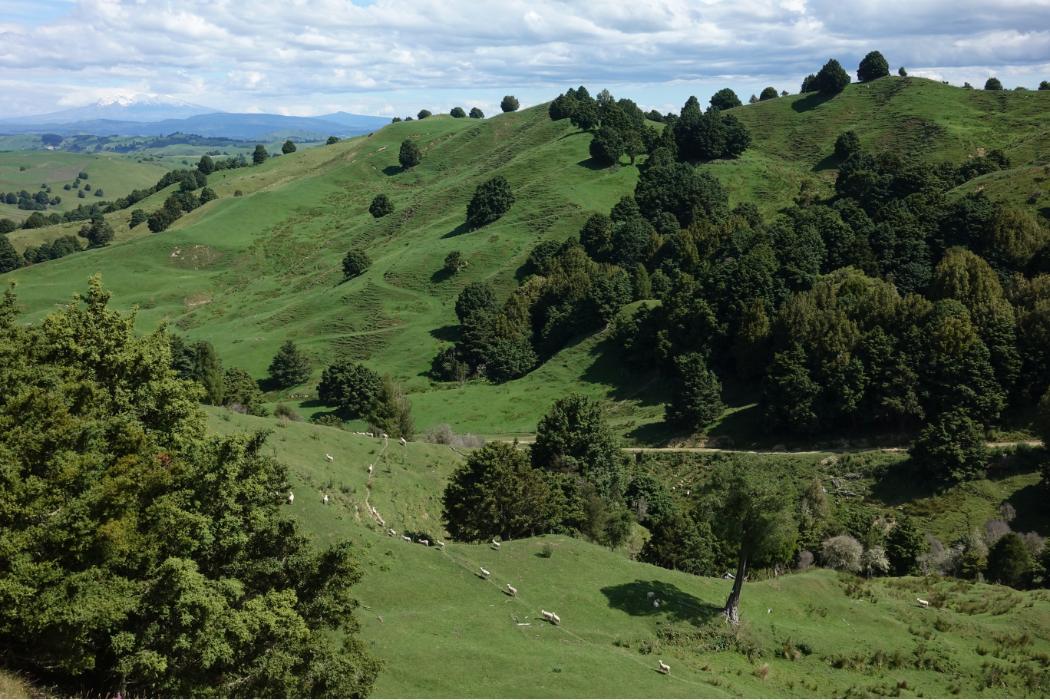BY: ROBERT PATTISON
In 2017, two large United States companies spent about $700 million buying two well-known New Zealand textile companies, Icebreaker and Godfrey Hirst.
The $700 million sale value of these two textile companies demonstrates the value of producing textile products consumers all over the world want. It also shows the generic global strategies used in the past by NZ and Australian sheep farmers to promote wool were of little value compared to establishing businesses for making and selling textile products to consumers.
The billions of dollars spent on promotion and marketing programmes would have yielded sheep farmers better and more sustainable returns by being collectively invested in wool research, product development, vertically integrated businesses, manufacturing and marketing and distribution networks.
In July 2017, Icebreaker was sold to US company VF Corporation for $288 million. Established in 1995, that sum equates to a return of NZ$13.1 million/ year for the privately owned company.
VF Corporation has its headquarters in North Carolina and owns The North Face, Vans and Wrangler brands.
During the company’s establishment phases, Icebreaker received tens of thousands of dollars from Government agencies. It seems there was no requirement from the Government for the taxpayer money to be refunded if the company was sold to an overseas buyer.
Icebreaker is an example of a successful business model that deserved government financial support to help the company expand and grow during its development stages.
It was founded by 25-year-old Jeremy Moon in 1995. Moon established the company around the philosophy of environmental sustainability, the use of natural fibres and animal welfare.
The Icebreaker brand became known for quality woollen clothing. Moon discovered consumers world-wide were willing to pay premiums for clothing that met their environmental expectations for lifestyle, fashion, comfort, performance and functionality.
To secure fibre supply to meet demand for the rapidly expanding Icebreaker product range, Moon set up long term wool supply contracts with Merino farmers, paying premiums for specific fineness categories and wool types. But the value farmers received for the wool used in each product would have been less than 10% of the product retail value paid by consumers.
The success and world wide growth of Icebreaker led to it signing a NZ$100 million supply contract with NZ Merino farmers in 2008.
Icebreaker started out as a small business, selling pure Merino wool garments in NZ. Initially online through its website as well as through wholesalers and retail outlets.
The company opened its first retail shop in Wellington in 2005, followed by another shop in Auckland in 2010.
The company’s success has been its consumer focused product development, quality product range and the establishment of 39 retail outlets across NZ, Australia, Europe, the US and Canada.
To increase productivity and meet world wide consumer demand for Icebreaker products, manufacturing capability was moved from NZ to China in 2003. By 2010 company product sales reached $100 million and by 2014 product sales exceeded $200 million.
In 2017, Godfrey Hirst, New Zealand and Australia’s largest privately owned carpet manufacturers were sold to US Flooring manufacturer, Mohawk Industries. Mohawk didn’t announce the sale price, but at the time of the announcement, the Australian Financial Review reported the transaction to be worth AU$500 million dollars.
Established in Geelong Victoria, Australia in 1865, Godfrey Hirst had been privately owned by the Geelong based McKendrick family for the past 50 years. In 2006, Godfrey Hirst bought NZ’s largest carpet manufacturer Feltex Carpets.
Mohawk Industries Inc, has its headquarters based in Georgia, US and is the world’s largest flooring product manufacturer. The company employs more than 41,000 people and has manufacturing capabilities in 19 countries, with global sales in 170 countries worth US$10 billion dollars.





